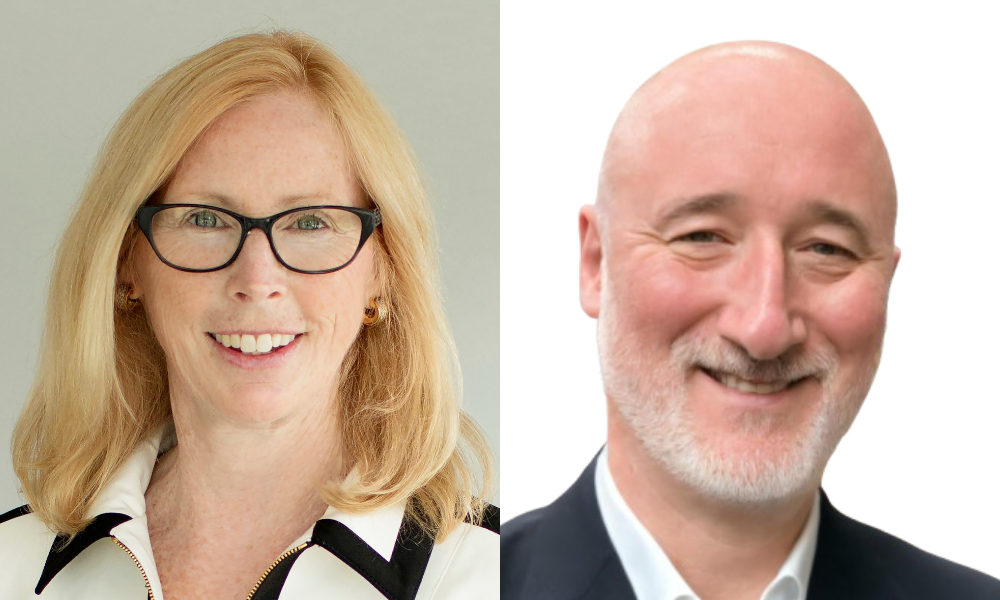In a recent conversation with renowned author and journalist Charles Duhigg, the topic of effective communication emerged as a critical skill, central to both personal and professional success

Charles Duhigg, known for his best-selling books like The Power of Habit and Smarter Faster Better, has now turned his attention to the art of conversation, which is at the core of human interaction. His latest book Supercommunicators delves into understanding how different types of communication can improve relationships and conflict resolution.
One of the key insights Duhigg offers in his book is that every conversation can be broken down into three primary categories: practical, emotional, and social. The ability to recognize these categories and align one's communication accordingly is crucial to fostering understanding. For example, he recounts how miscommunication with his wife during a disagreement led him to this realization. Often, people talk past each other because they are engaged in different types of conversations—one person may be trying to solve a practical problem, while the other is seeking emotional support. This mismatch leads to frustration, as each person feels unheard.
Duhigg emphasizes that awareness of these different types of conversations is key to better communication, allowing people to identify and address the needs of the person they are speaking with. This is especially important in personal relationships, where emotional and social conversations often intertwine. As Duhigg puts it, “Simply understanding these three conversations and asking ourselves what kind of conversation we are having can go a long way in helping us connect better.”
A surprising finding that emerged during Duhigg’s research is that being a super communicator does not necessarily mean being an extrovert or having a charismatic personality. In fact, many great communicators are introverts who have mastered the art of listening and connecting deeply with others. “There are charming extroverts who are super communicators,” Duhigg notes, “but there are also curmudgeonly introverts who are excellent at it.”
This revelation shatters the misconception that only outgoing people are skilled communicators. Duhigg argues that communication is a learnable skill, and once someone grasps the basic principles, they can apply them in any context, whether it’s a work setting or a personal relationship. “It’s a set of skills that anyone can learn,” he adds, stressing that the tools for effective communication are universally applicable.
Duhigg believes that one of the biggest challenges people face is applying the communication skills they use in professional settings to their personal lives. Many individuals are effective communicators at work because they are focused and intentional in their interactions. However, at home, they may relax and fail to apply the same level of attention to their communication, leading to misunderstandings and conflict.
The solution, according to Duhigg, is to treat communication in personal relationships with the same level of care as one would in the workplace. This doesn’t mean formalizing every conversation but rather being mindful of the type of conversation taking place and responding appropriately. “The skills that make you an effective communicator at work are the same skills that can make you a better communicator at home,” he says.
In discussing the broader implications of communication, Duhigg touches on the role of social media in modern discourse. He believes that platforms like Facebook and Twitter have made it easier to avoid meaningful conversations, allowing people to interact only with like-minded individuals and reducing opportunities for genuine dialogue. “Social media has made it easier to avoid conversation,” Duhigg says, pointing out that the lack of face-to-face interaction has diminished the social consequences of hurtful or dismissive comments.
He also notes that polarization, both in the U.S. and globally, is partly a result of this breakdown in communication. As people become more entrenched in their views and less willing to engage with opposing perspectives, the ability to have constructive conversations diminishes. Duhigg’s hope is that his book will equip readers with the tools to bridge these divides by becoming more intentional and thoughtful communicators.
Another aspect of Duhigg’s work is the importance of teaching communication skills to the younger generation. As a parent himself, he acknowledges the challenges of raising children in a world where technology dominates much of their communication. He advocates for schools to reintroduce courses focused on interpersonal communication, which used to be a staple in many educational systems but have since fallen out of favor.
Parents, too, play a critical role in teaching their children how to communicate effectively. “A big part of being a parent is teaching our children to communicate well,” Duhigg remarks, adding that children learn these skills through play and everyday interactions. Encouraging kids to reflect on their social interactions and think about how to resolve conflicts is an important step in helping them develop into strong communicators.
Supercommunicators is more than just a guide to better communication—it’s a reflection on the importance of connection in every aspect of life. Whether it’s at work, at home, or in the broader community, communication is the key to understanding and building relationships. Duhigg’s message is clear: communication is a skill that can be learned, and once mastered, it can transform every interaction.




